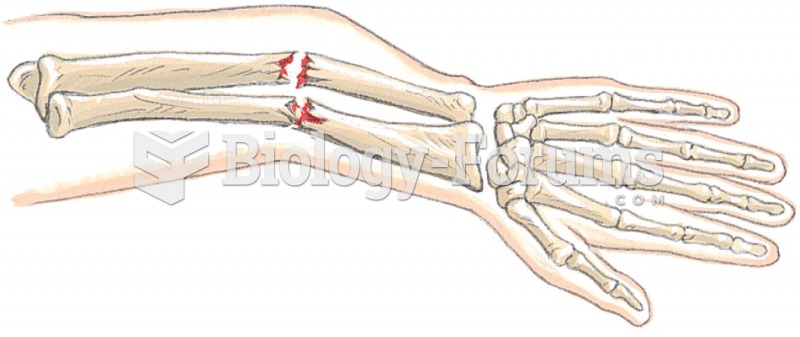This topic contains a solution. Click here to go to the answer
|
|
|
Did you know?
Symptoms of kidney problems include a loss of appetite, back pain (which may be sudden and intense), chills, abdominal pain, fluid retention, nausea, the urge to urinate, vomiting, and fever.
Did you know?
Limit intake of red meat and dairy products made with whole milk. Choose skim milk, low-fat or fat-free dairy products. Limit fried food. Use healthy oils when cooking.
Did you know?
Medication errors are three times higher among children and infants than with adults.
Did you know?
There are approximately 3 million unintended pregnancies in the United States each year.
Did you know?
The average human gut is home to perhaps 500 to 1,000 different species of bacteria.







